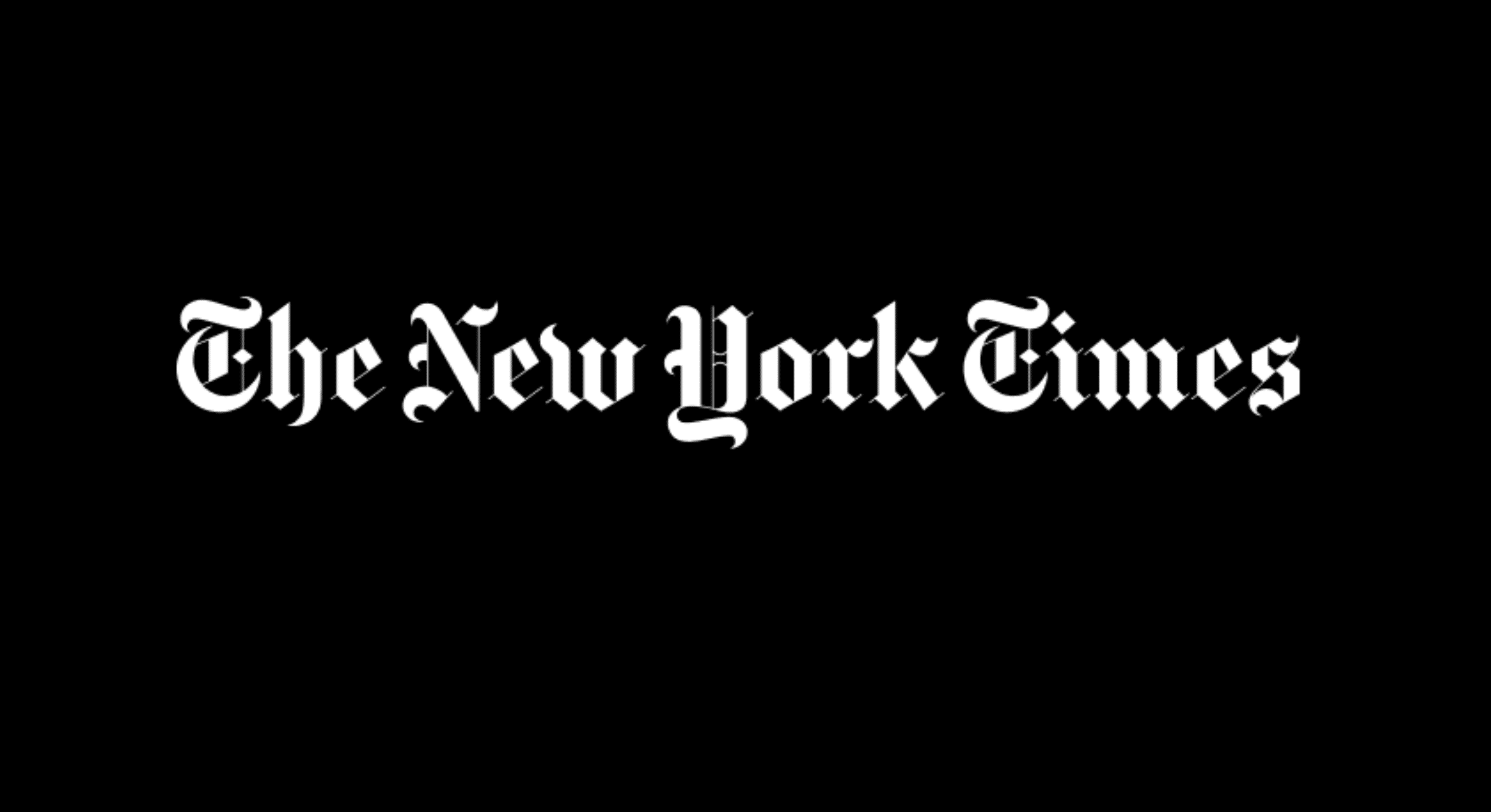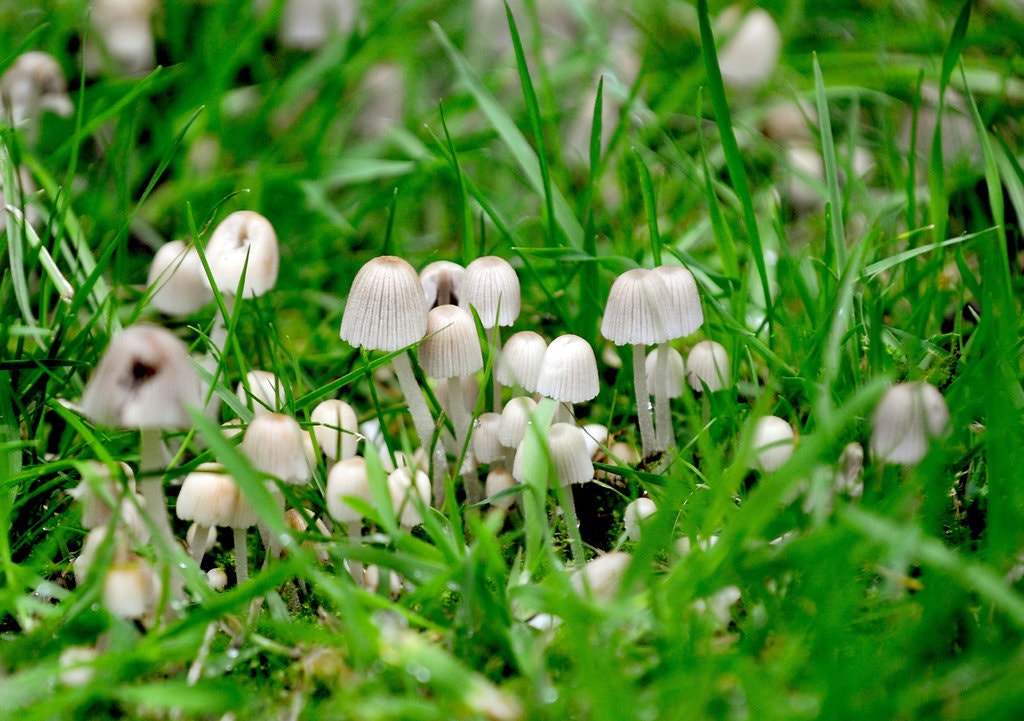
03 Oct Psychedelic Mushrooms Are Closer to Medicinal Use (It’s Not Just Your Imagination)

Researchers at Johns Hopkins University have suggested that psilocybin, which is found in hallucinogenic mushrooms, be reclassified from a Schedule I drug, with no known medical benefit, to a Schedule IV drug, which is akin to prescription sleeping pills.Credit…Anthony Devlin/PA Wire, via Associated Press
Researchers from Johns Hopkins University have recommended that psilocybin, the active compound in hallucinogenic mushrooms, be reclassified for medical use, potentially paving the way for the psychedelic drug to one day treat depression and anxiety and help people stop smoking.
The suggestion to reclassify psilocybin from a Schedule I drug, with no known medical benefit, to a Schedule IV drug, which is akin to prescription sleeping pills, was part of a review to assess the safety and abuse of medically administered psilocybin.
Before the Food and Drug Administration can be petitioned to reclassify the drug, though, it has to clear extensive study and trials, which can take more than five years, the researchers wrote.
The analysis was published in the October print issue of Neuropharmacology, a medical journal focused on neuroscience.
The study comes as many Americans shift their attitudes toward the use of some illegal drugs. The widespread legalization of marijuana has helped demystify drug use, with many people now recognizing the medicinal benefits for those with anxiety, arthritis and other physical ailments.
Psychedelics, like LSD and psilocybin, are illegal and not approved for medical or recreational use. But in recent years scientists and consumers have begun rethinking their use to combat depression and anxiety.
“We are seeing a demographic shift, particularly among women,” said Matthew Johnson, an associate professor of psychiatry and behavioral sciences at Johns Hopkins and one of the study’s authors. Among the research he has conducted, he said, “we’ve had more females in our studies.”
Microdosing, or the use of psychedelics in small, managed doses, has become a popular way to try to increase productivity and creative thinking, particularly among the technorati in Silicon Valley. It’s even a plot point in the CBS show “The Good Fight.”
Dr. Johnson said that in 2005, he volunteered to work in the “bad trip” tent at Burning Man, the festival in the Nevada desert known for rampant drug use.
For decades, though, researchers have shunned the study of psychedelics. “In the 1960s, they were on the cutting edge of neuroscience research and understanding how the brain worked,” Dr. Johnson said. “But then it got out of the lab.”
Research stopped, in part, because the use of mind-altering drugs like LSD and mushrooms became a hallmark of hippie counterculture.
The researchers who conducted the new study included Roland R. Griffiths, a professor in the departments of psychiatry and neurosciences at the Johns Hopkins University School of Medicine, who is one of the most prominent researchers on the behavioral and subjective effects of mood-altering drugs. The researchers reviewed data going back to the 1940s.
Dr. Johnson said that the F.D.A. had approved a number of trials of psilocybin. If its use is approved for patients, he said, “I see this as a new era in medicine.”
He added, “The data suggests that psychedelics are powerful behavioral agents.” In legal studies, he said, participants are given a capsule with synthetic psilocybin. (They are not given mushrooms to eat, which is how the drug is most often ingested.)
He warned, though, that psilocybin is not a panacea for everyone. In their analysis, the researchers called for strict controls on its use. There are areas of risk, too, for patients with psychotic disorders and anyone who takes high doses of the drug.
Read the original story here
